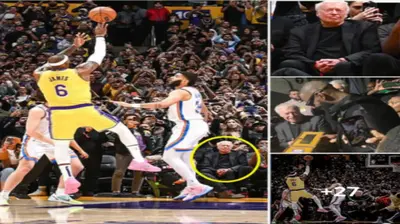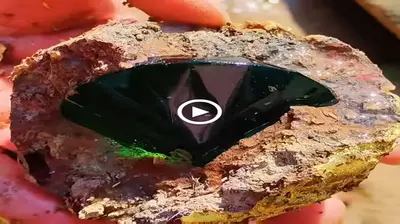Archaeology
Israel’s largest-ever gold currency hoard is uncovered by divers
The Israel Antiquities Authority (IAA) has announced the discovery of a massive hoard of almost 2,000 gold coins by divers in the ancient harbor in Caesarea. The coins, which are over 1,000 years old, constitute the largest find of its kind in the country. It is believed the treasure belongs to a shipwreck of an official treasury boat on its ways to Egypt with collected taxes.
The discovery was made when a group of divers from a local dive club spotted what they initially thought were “toy coins”, while diving in the Caesarea National Park. The ancient Caesarea Maritima (or Caesarea Palestinae) city and harbor, which lies on the Mediterranean coast of Israel, was built by Herod the Great in about 25–13 BCE and was populated through the late Roman and Byzantine era.

The divers reported the discovery to the Marine Archaeology Unit of the IAA, which immediately sent out additional divers with metal detectors to the discovery site, yielding nearly 2,000 gold coins in a spectacular state of preservation. They were in such good condition that archaeologists were even able to identify teeth and bite marks in the coins, evidence they had been physically inspected by their owners or the merchants.
The coins are in different denominations, including a dinar, half dinar, and quarter dinar, and date to the era of the Fatimid Empire (909 – 1171 AD), a Shia Islamic caliphate which spanned a large area of North Africa, from the Red Sea in the east to the Atlantic Ocean in the west. The dynasty ruled across the Mediterranean coast of Africa and ultimately made Egypt the centre of the caliphate.

“The discovery of such a large hoard of coins that had such tremendous economic power in antiquity raises several possibilities regarding its presence on the seabed. There is probably a shipwreck there of an official treasury boat which was on its way to the central government in Egypt with taxes that had been collected. Perhaps the treasure of coins was meant to pay the salaries of the Fatimid Military garrison which was stationed in Caesarea and protected the city,” said Kobi Sharvit, director of the Marine Archaeology Unit of the IAA. “Another theory is that the treasure was money belonging to a large merchant ship that traded with the coastal cities and the port on the Mediterranean Sea and sank there,” he added.
-
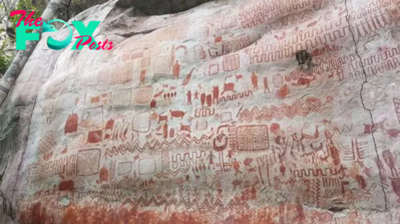
 Archaeology8h ago
Archaeology8h ago12,500-year-old rock art 'canvas' in the Amazon reveals early Americans' connection with wildlife
-
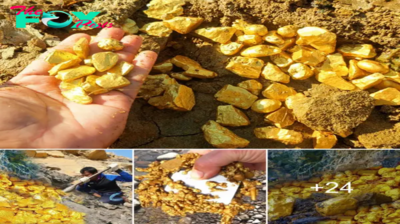
 Archaeology14h ago
Archaeology14h agoA Serendipitous Discovery on the Mountain’s Summit: Unearthing Gold with Our Fortunate Miner.hanh
-
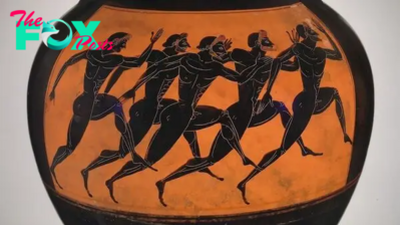
 Archaeology20h ago
Archaeology20h agoPanathenaic prize amphora: A pot brimming with olive oil awarded at the ancient Greek Olympics
-
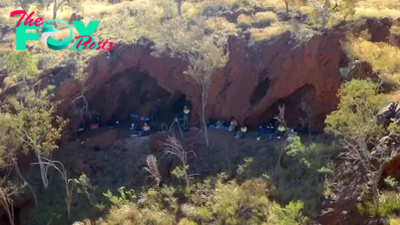
 Archaeology20h ago
Archaeology20h ago47,000 years of Aboriginal history destroyed in mining blast in Australia
-
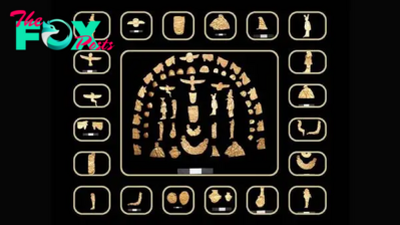
 Archaeology1d ago
Archaeology1d agoStunning ancient Egyptian artifacts discovered in more than 60 burials, including 'ba-birds' and 'eye of Horus'
-

 Archaeology2d ago
Archaeology2d agoMoat that protected ancient Jerusalem's royalty discovered near parking lot
-

 Archaeology2d ago
Archaeology2d agoThese Lucky Discoverers Found a Gold Treasure: Here’s Their Story.hanh
-
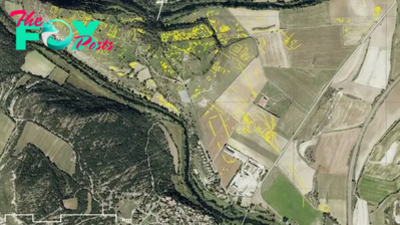
 Archaeology3d ago
Archaeology3d agoLasers reveal Roman-era circus in Spain where 5,000 spectators watched horse-drawn chariot races






